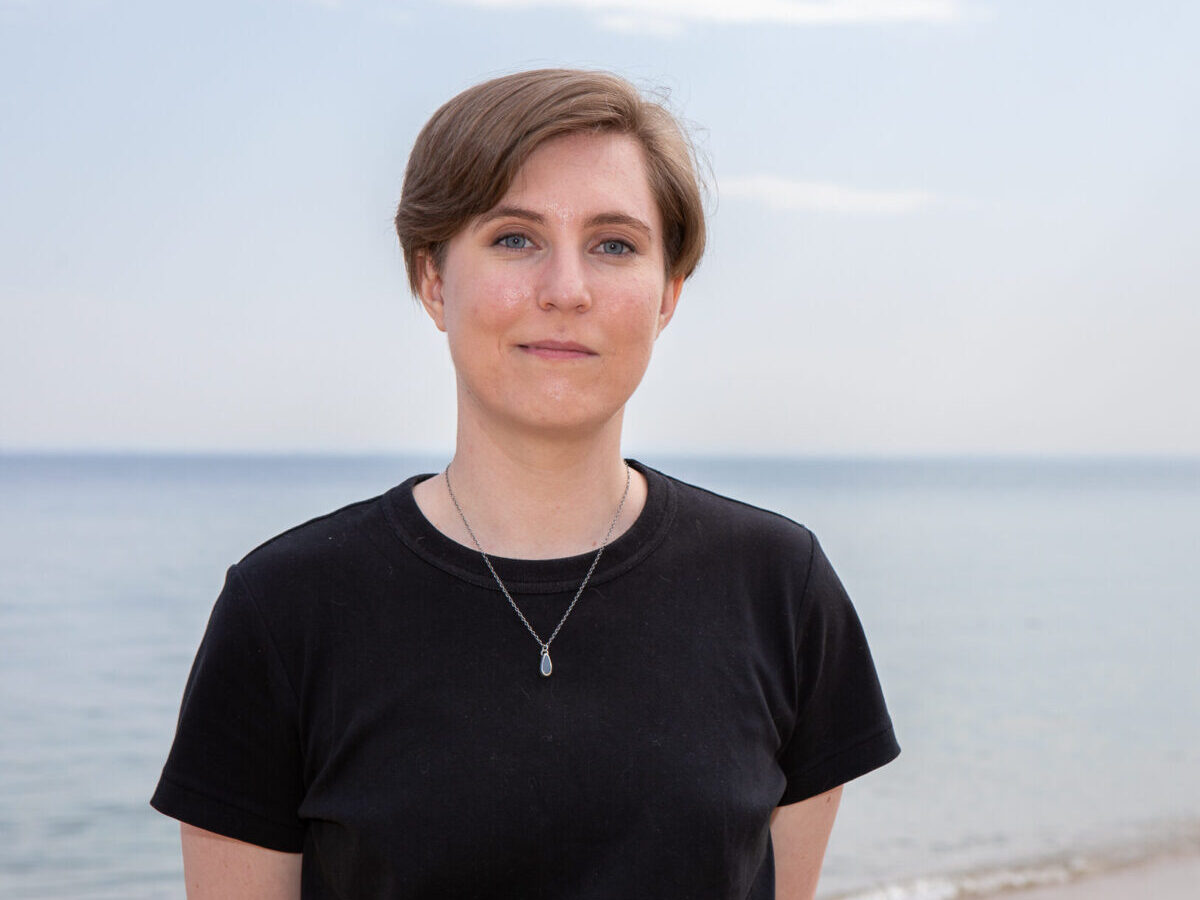New satellite tool picks out plastic on sand from more than 600 kilometres above

A satellite imagery tool developed by RMIT University scientists and able to spot plastic rubbish beaches has been successfully field tested on a remote stretch of coastline, according to the university.
In a statement on Thursday, RMIT said the satellite imagery tool “picks up differences in how sand, water and plastics reflect light,” and is able to spot plastics on shorelines from over 600 kilometres above.
Satellites could already track “massive amounts of plastic floating around our oceans” though were less able when it came to plastic on beaches, where it might blend in with the sand.
Dr Jenna Guffogg (pictured), lead author on the team’s paper published in the Marine Pollution Bulletin, said, “Remote island beaches have some of the highest recorded densities of plastics in the world, and we’re also seeing increasing volumes of plastics and derelict fishing gear on the remote shorelines of northern Australia.”
Research from the team builds on similar tools for monitoring forests and mapping bushfires, and uses a spectral index – a mathematical formula for sorting patterns of reflected light collected by satellites as they pass over an area.
Their Beached Plastic Debris Index (BPDI) used “high-definition data from the WorldView-3 satellite, which orbits the earth in line with the sun” at an altitude of 617 kilometres, and was tested on 14 plastic targets measuring about 2 square metres placed on a beach in southern Gippsland, Victoria.
Each target was made of a different type of plastic and was smaller than the satellite’s pixel size of about 3 square metres. The BPDI was compared with three existing indices, “two of which were designed for detecting plastics on land and one for detecting plastics in aquatic settings” and outperformed all.
Co-author Dr Mariela Soto-Berelov said the next step was to test the tool’s usefulness in real life scenarios.
“We’re looking to partner with organisations on the next step of this research; this is a chance to help us protect delicate beaches from plastic waste,” she said.
Guffogg led the study as part of joint PhD research completed at RMIT and the University of Twente in the Netherlands. She now works in the geospatial mapping industry.
The paper can be accessed here.
Picture: supplied
@aumanufacturing Sections
Analysis and Commentary Awards casino reviews Defence Gambling Manufacturing News Online Casino Podcast Technology Videos





